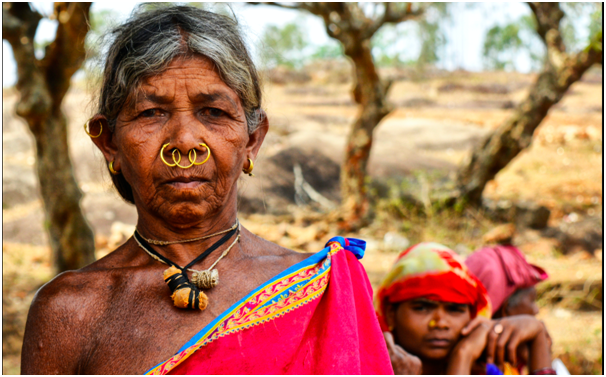Context
The Odisha government is chasing an ambitious target of completing the implementation of the Forest Rights Act (FRA) by granting all kinds of rights mandated under the historic Act by 2024.
What is the Forest Rights Act (FRA)?
- The symbiotic relationship between forests and forest-dwelling communities found recognition in the National Forest Policy, 1988.
- The policy called for the need to associate tribal people in the protection, regeneration and development of forests.
- The Scheduled Tribes and Other Traditional Forest Dwellers (Recognition of Forest Rights) Act, 2006, was enacted in this regard.
- It aimed to protect the marginalised socio-economic class of citizens and balance the right to environment with their right to life and livelihood.
Provisions of the 2006 Act
- The Act recognizes that tribal and other traditional forest-dwelling communities would be hard put to provide documentary evidence for their claims.
- Rule 13 of the Act, therefore, stipulates that the Gram Sabhas should consider more than one evidence in determining forest rights.
- The rule sanctions a wide range of evidence, including “statements by village elders”, “community rights” and “physical attributes such as houses, huts and permanent improvements made to land such as levelling, bunds and check dams”.
Issues
- The forest rights claims of these tribes and forest-dwellers are mostly rejected by the States.
- Being poor and illiterate, living in remote areas, they do not know the appropriate procedure for filing claims.
- The gram sabhas, which initiate the verification of their claims, are low on awareness of how to deal with them.
Why are forest rights important for tribals?
- Aimed at undoing the “historic injustice” meted out to forest-dependent communities due to curtailment of their customary rights over forests, the FRA came into force in 2008.
- It is important as it recognises the community’s right to use, manage and conserve forest resources, and to legally hold forest land that these communities have used for cultivation and residence.
- It also underlines the integral role that forest dwellers play in the sustainability of forests and in the conservation of biodiversity.
- It is of greater significance inside protected forests like national parks, sanctuaries and tiger reserves as traditional dwellers then become a part of management of the protected forests.

